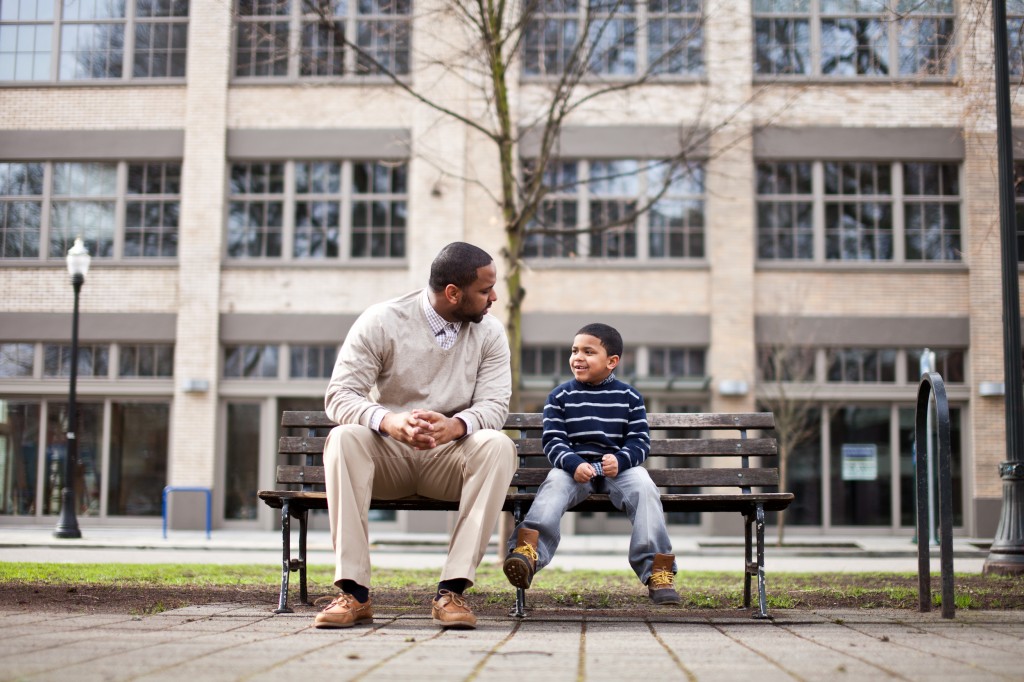Many Americans if asked would admit to having grown up without a father. But in Black families this absence seems to hit the hardest. According to an article by NewsOne in 2011, upwards of 72% of Black children grow up in single parent homes headed by women as opposed to 25% of Americans overall. First time documentary film creator, Jordan Thierry produced The Black Fatherhood Project in an effort to further the dialogue on absent fathers and the meaning of fatherhood in the Black community.
But the film is not just about identifying an issue. In a unique format Thierry seeks to provide context surrounding the issue by tracing the roots of the Black family from Africa to slavery and then to modern day. He also goes against the grain in choosing his subjects for the film. Rather than having scholars discuss the matter, Thierry uses fathers (whom happen to be scholars, businessmen, etc.) to discuss fatherhood.
Thierry begins The Black Fatherhood Project by tracing his personal family history. He remarks, “Throughout the nearly 200 years back I can trace my paternal heritage, in each generation there was a loving father present.” Thierry goes on to discuss how his relationship with his father impacted his life, primarily through quality time spent playing sports. But it is Dr. Wade Nobles, psychologist who provides greater depth on the matter by identifying and explaining shifting gender roles. “All the parenting in African traditions, when you look at them, the core thing is developing and bringing out in you that God-given gift that you came into the world with.” In fact, parenting was primarily about socialization and was not a task to be taken on by one man and one woman, but rather, the entire community participated in the raising of children. Essentially, this is where we get the adage “it takes a village to raise a child”.
So what happened to our village? In a word: slavery. When Africans made the journey through the middle passage a cultural shock and shift took place that would forever change the dynamic of the Black family. As slaves all men were, in a sense, created equal. But in fact, women were more valuable as they could bear children adding value to their masters. Not to mention the fact that slaves of any age could be sold at any time splitting up mothers and fathers from their children and vice versa. The role of a father was muted as the master took the place of provider and socialization became submission. This emasculating of Black men made void traditional parenting roles and the Black community has been struggling to make do ever since.
Fast forward to 2013: Black fathers are missing. Not only are they absent from the home because a large number of them do not marry the mother’s of their children, but in the film Thierry brings out the fact that a large number fo Black men are incarcerated. Nearly one million Black men are incarcerated in the United States severing relationships with their children. But not all absent fathers are in jail. While the film touches on this matter, Theirry doesn’t do a great job explaining others reasons why fathers tend to be absent. However, Luke Rosiak, in his Washington Times article Fathers disappear from households across America, lists fear of commitment, anxiety regarding parenting, financial responsibility and the relationship with the child’s mother as reasons why fathers of all races may be disappearing. According to Thierry himself, “As more research on fatherhood is published, the case for fatherhood gets stronger. Scholars are finding important linkages to father involvement, employment, and health to the success of families and children.”
Yes, fatherhood is important. Parenting is important. But some may say, “Well, I was raised by a single parent and I turned out fine.” This is more common than not. President Barack Obama was raised by a single mother and is now in his second term as President. But the President himself credits his success to the many mentors he’s had in his life both men and women. So it goes back to the adage “it takes a village to raise a child” or as some may say when it comes to parenting, “the more the merrier.”
Our perception and discussion of fatherhood in America is not always predicated on how we were raised, but also what we see in the media. In recent years more and more positive images of Black families have been presented on prime time television including shows like Ice Cubes’ “Are We There Yet?” and Tyler Perry’s “House of Payne.” Thierry argues that Blacks are portrayed negatively in the media as being criminals, uneducated and insignificant. He goes on to say, “Changing what we see in the media will only achieve so much, the real transformation will take place when we work face to face within our own communities.”
Do you agree?
For more information on how you can get involved or to view The Black Fatherhood Project visit www.blackfatherhoodproject.com
Readers Might Also Like:
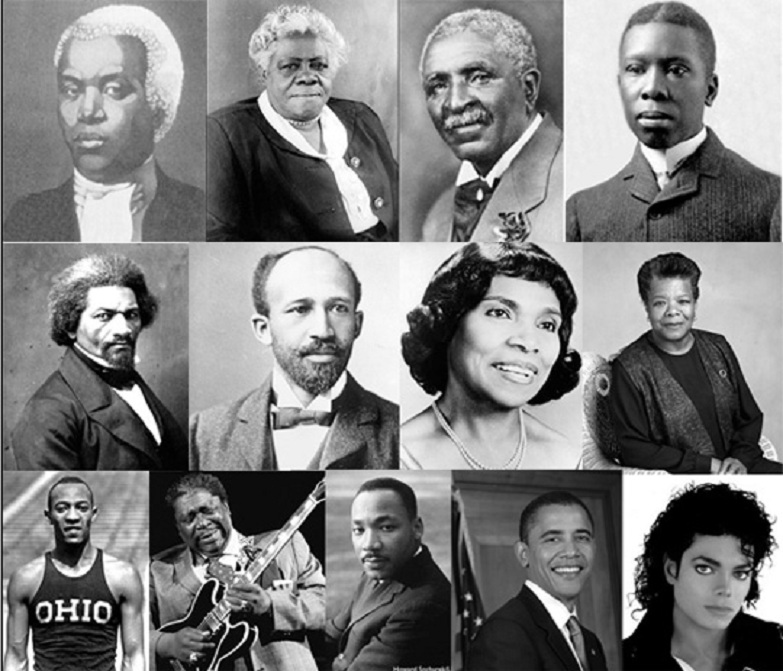 Black History Helped Shaped The World
Black History Helped Shaped The World
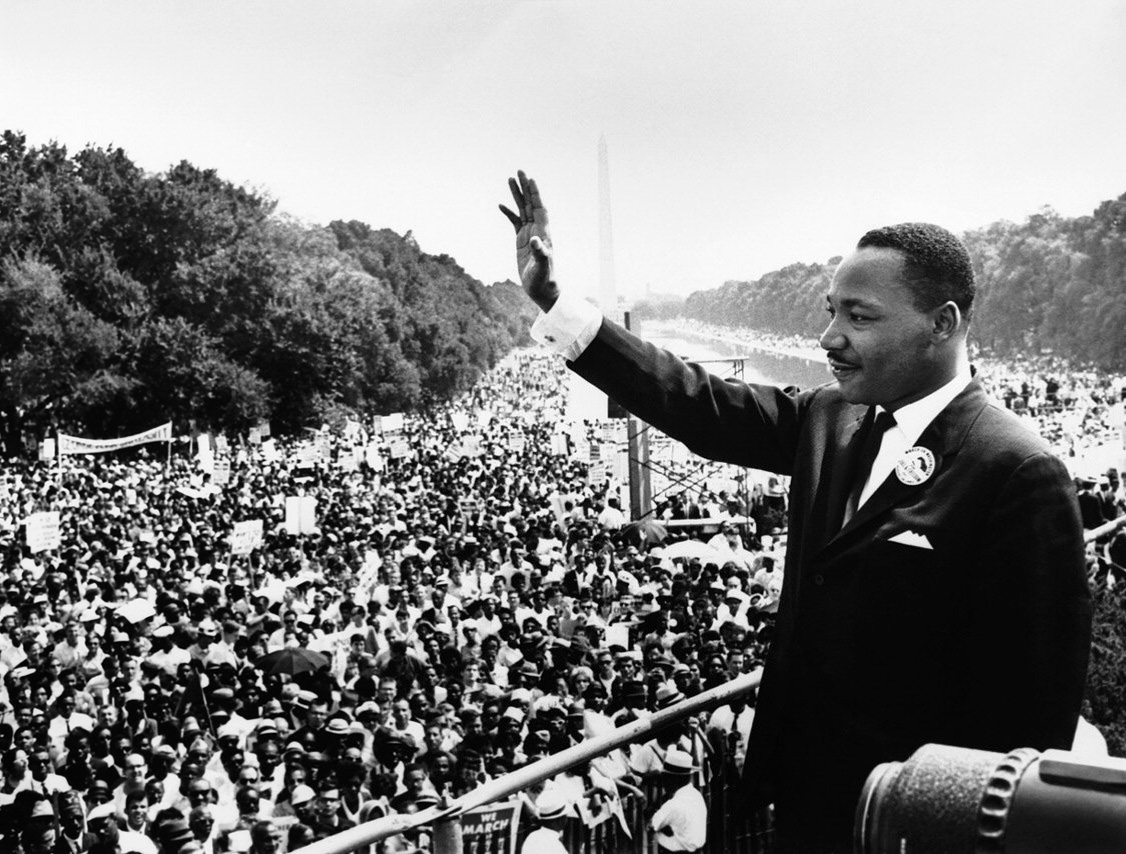 How Dr. Martin Luther King Day Came To Be A Nationally Holiday
How Dr. Martin Luther King Day Came To Be A Nationally Holiday
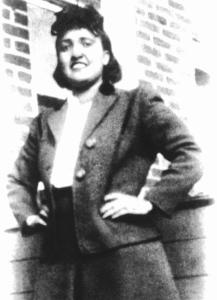
Henrietta Lacks – Giving Life Through ‘Hela Cells‘
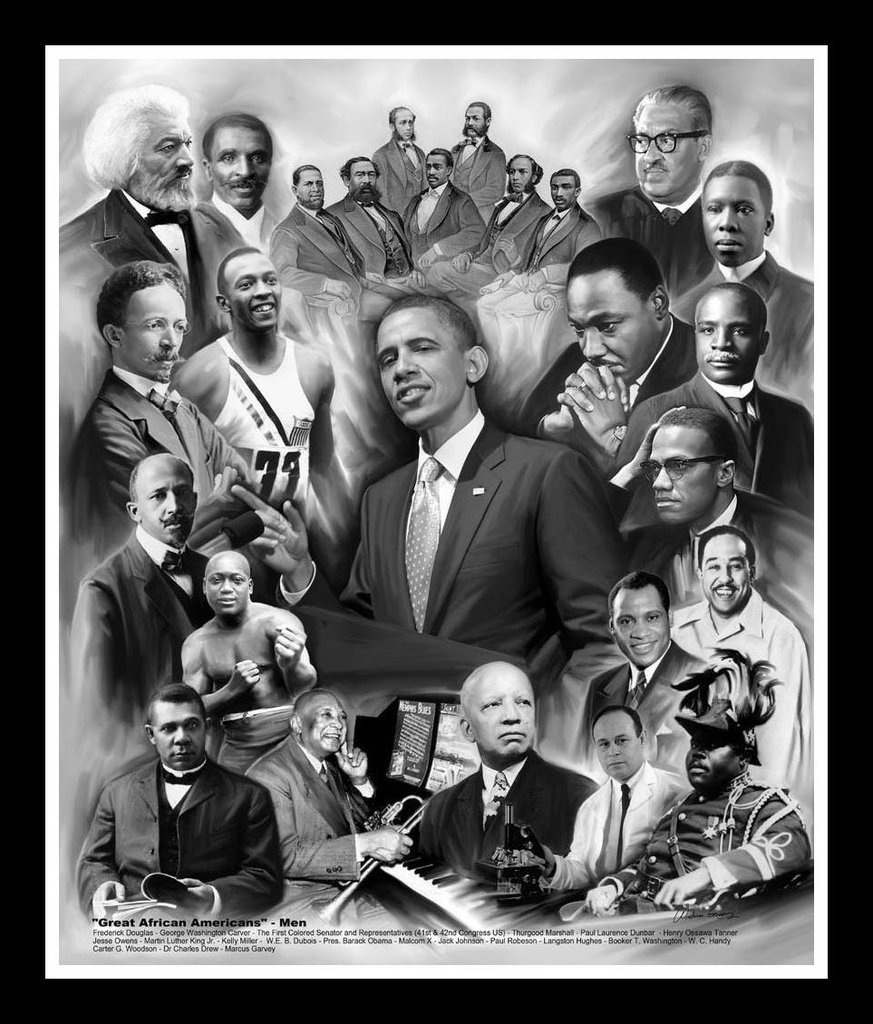 How The Term “African-America” Came To Prominence
How The Term “African-America” Came To Prominence

